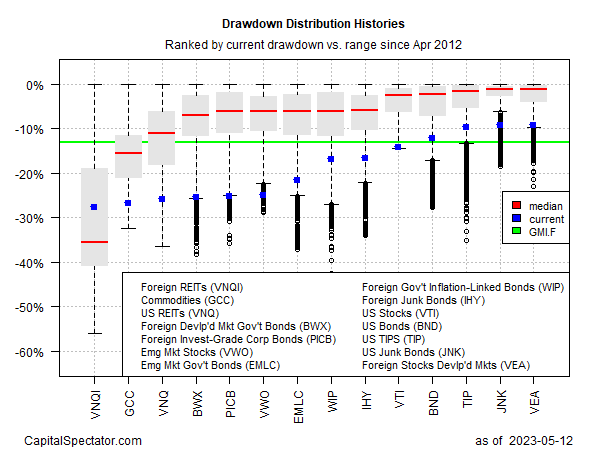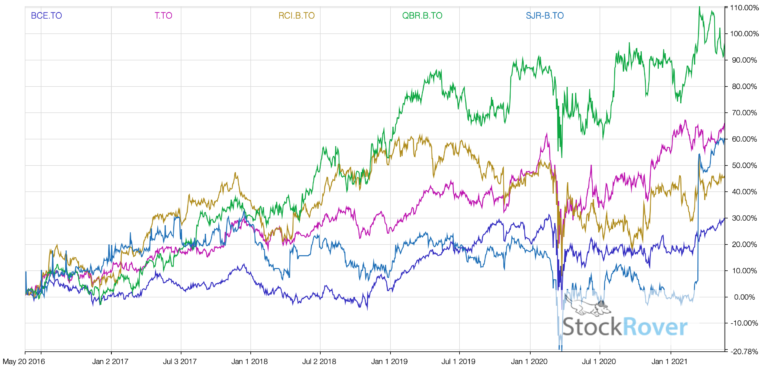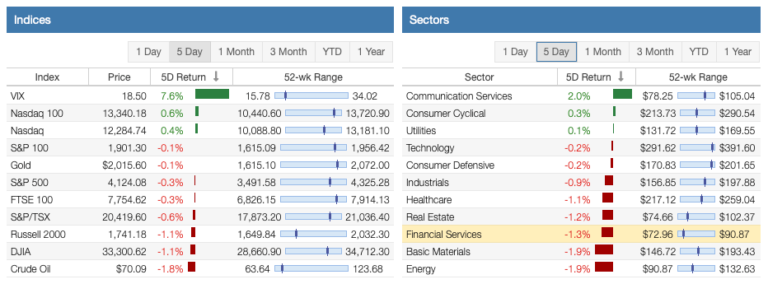
Dear Quentin,
Over the last couple years I dug myself out of the paycheck-to-paycheck cycle, and I am making good money. I never learned about stocks, investing, etc. I do not have a 401(k) at work. My lawyer uncle advised me to open a self managed Vanguard account with four different levels of stocks. I use and pay my credit cards off every month, and my vehicle is paid off.
However, I still keep putting any extra money I have in a savings account that makes me no money because I am afraid to lose it. I make a bonus, which I usually put into my savings account, but I think I should put some in the Vanguard account, use some to pay down my mortgage, but I am not sure if that is the best idea to split my bonus three ways.
Need Help
Dear Need Help,
If you have surpassed the paycheck-to-paycheck lifestyle, don’t stop now. Continue to fully fund your retirement account, and also make sure you have an emergency fund of at least 6 months of expenses — ideally, 12 months — and keep tracking your monthly expenditures, and paying off your credit card every month. You never know what is around the corner.
You don’t say what age you are or how many years you have left on your mortgage, how much equity you have or your interest rate, but let’s assume you are in your 30s, and you are locked in at a low interest rate and/or you refinanced when interest rates were low. It doesn’t make as much sense to overpay your mortgage when you can use your cash to make more money.
As for your investments, never underestimate the miracle of compound interest. You earn money on your initial investment, and money on your investment’s return. That’s the gain from the reinvested interest. It takes time, but assuming you have 20-plus years until your retirement, investing now in a bearish stock market should reap long-term rewards.
Automate your savings and make a household budget. Just because you pay off your credit card every month does not mean that you should be spending as much on your credit card. We should all take stock of our credit-card spending every 6 months, or less. (The average credit-card balance in the third quarter was $5,474, up nearly 13% on the year.)
Assuming you are not close to hitting your peak earning power, consider a Roth IRA or a traditional IRA, or variable annuities. You contribute after-tax dollars to a Roth IRA, and typically withdraw the money tax- and penalty-free after the age of 59 ½. Traditional IRA contributions are made with pretax dollars, and taxed upon withdrawal.
Consider putting some cash in a certificate of deposit, a savings account with both a fixed term — typically from three months to five years — and a fixed interest rate. Some online accounts have interest rates of up to 4%. These promissory notes from banks have been around in the U.S. since the 1800s, and they have never gone out of fashion. Read more about them here.
Live for today, invest for tomorrow, and don’t live beyond your means. As most people reach their 50s and above, they feel their financial mortality, and wish they’d started doing what you are doing earlier in their life. As I said to a colleague recently, “All I need in retirement is to live modestly, have a roof over my head, good food and cheer, with friends nearby.”
That goal will be more attainable the earlier you plan.
Follow Quentin Fottrell on Twitter.
You can email The Moneyist with any financial and ethical questions related to coronavirus at qfottrell@marketwatch.com.
Check out the Moneyist private Facebook group, where we look for answers to life’s thorniest money issues. Readers write to me with all sorts of dilemmas. Post your questions, tell me what you want to know more about, or weigh in on the latest Moneyist columns.
The Moneyist regrets he cannot reply to questions individually.
More from Quentin Fottrell:
Published at Wed, 04 Jan 2023 10:44:00 -0800




